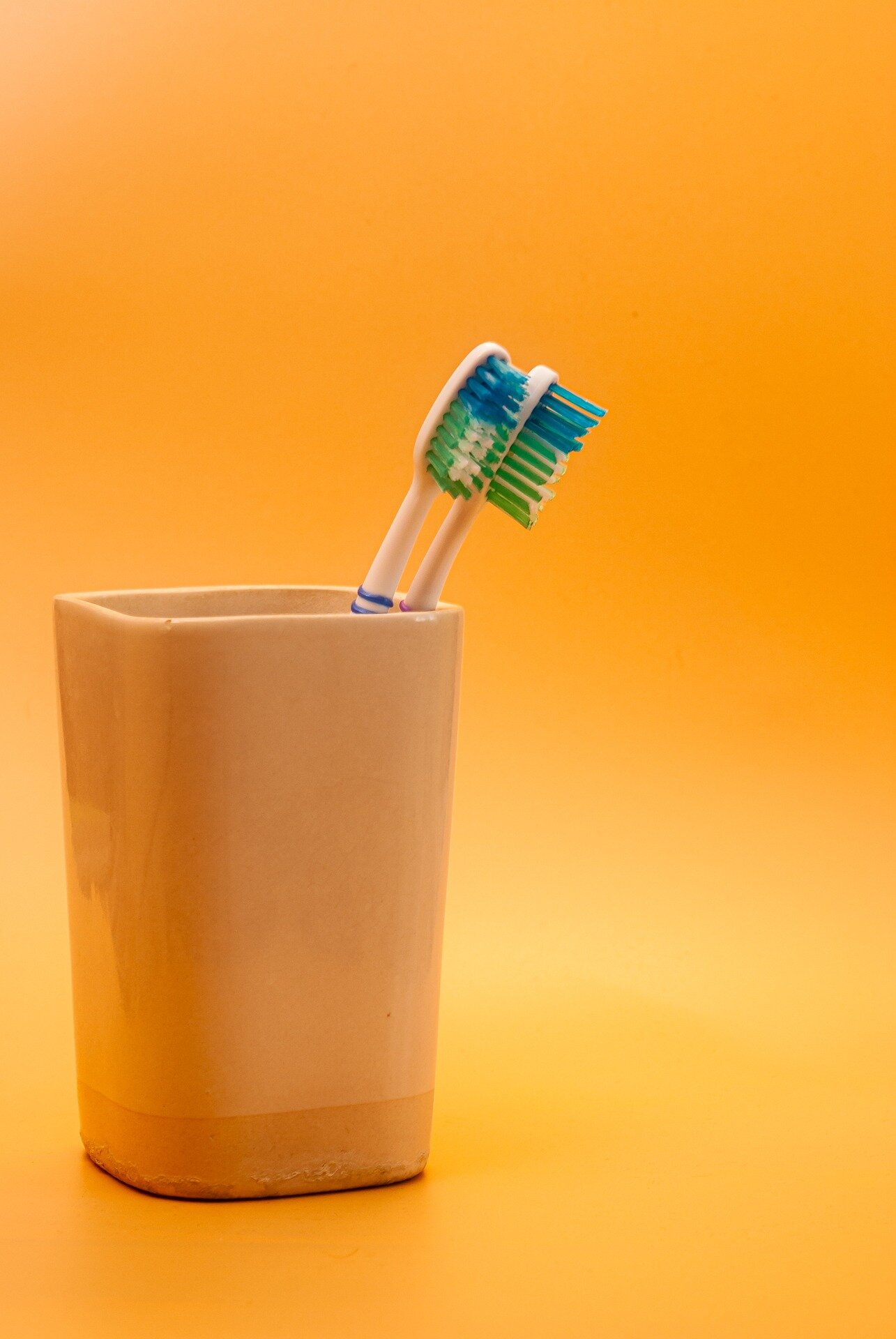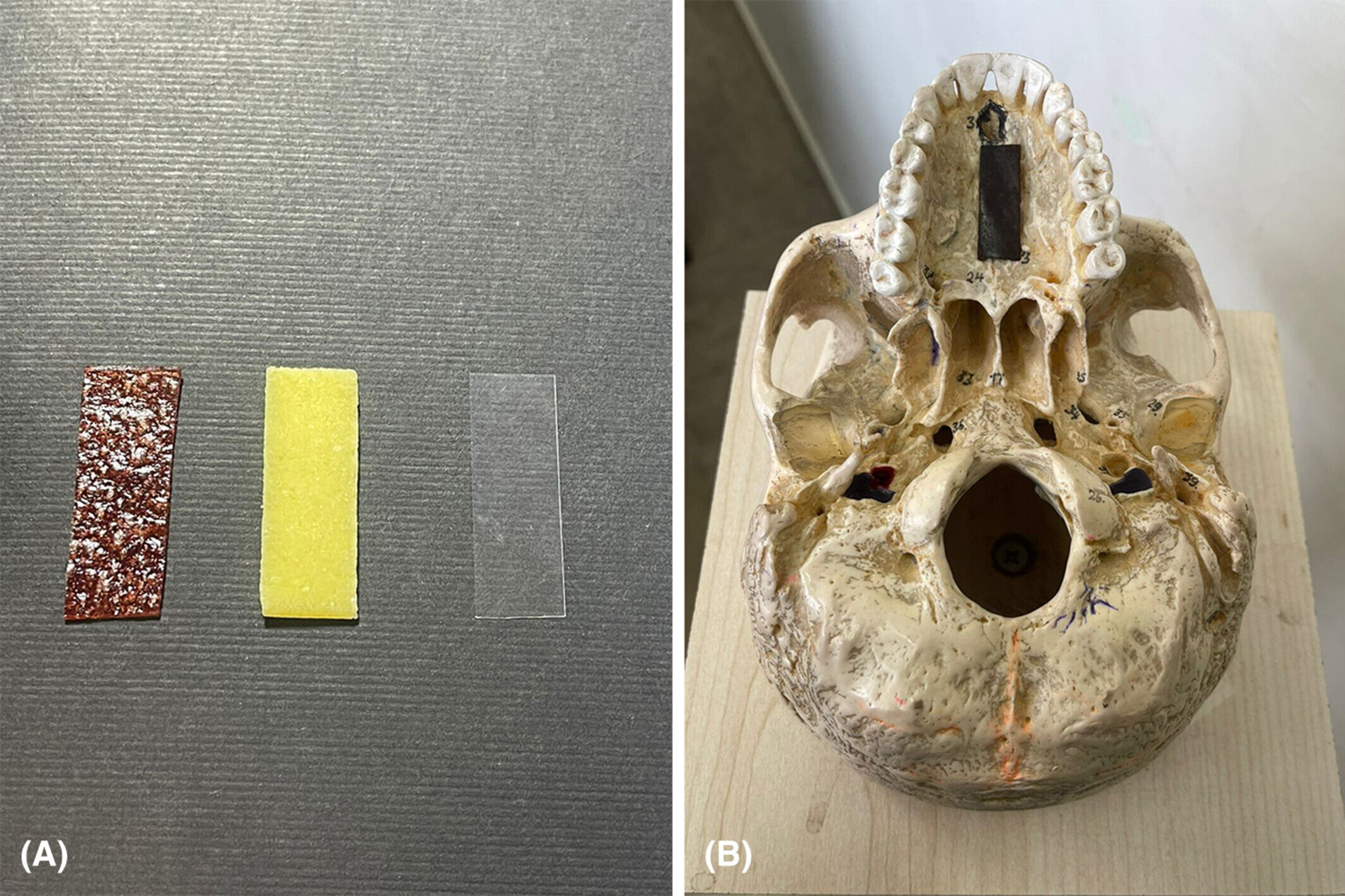
Health care workers at nursing homes face a major challenge when helping older adults to maintain their oral hygiene. This has been shown in a study conducted at the University of Gothenburg, which concludes that unclear procedures can put oral health at risk.
In Sweden, oral health problems are common among older adults in nursing homes, especially those with disabilities or cognitive impairments such as dementia. Strategies to prevent oral health from deteriorating are essential to avoid problems such as pain and chewing difficulties that can lead to a reduced quality of life.
The questions in the study addressed what helps and hinders health care workers when working with preventive oral health within the standardized and established instruments used in many Swedish nursing homes.
This involves the national quality register Senior Alert, which assesses risks of falls, pressure sores, malnutrition, and oral health problems. The risk assessment ROAG-J—which includes screening with a mouth mirror and a flashlight, as well as planning and preventive oral care measures—is part of the quality register.
The study has been published in the journal BMC Geriatrics, and is based on focus group interviews with 14 nurses and 14 assistant nurses working at nursing homes in two municipalities in western Sweden.
The interviews revealed that health care workers regularly used Senior Alert and ROAG-J, and described these instruments as important. They also emphasized that oral health was crucial in relation to several other health risks, such as not being able to chew and swallow properly, and thus losing weight.
At the same time, the staff saw problems with the unclear distribution of responsibilities between different professional groups, which could lead to oral care being deprioritized in favor of other duties. This, combined with large variations in training and knowledge regarding oral health among health care workers, meant that the risk assessments and oral health interventions were sometimes not carried out correctly.
Overall, oral care for frail older adults was challenging for the nursing staff, but the study also shows that a more structured process promotes communication and awareness of the importance of good oral health.
Lisa Bellander, a dentist and doctoral student at the University of Gothenburg’s Sahlgrenska Academy, is the study’s lead author. “We noted that a structured approach enables health care workers to detect problems in the oral cavity earlier on, and thereby take action before these problems result in unnecessary suffering.
“However, one of the biggest challenges is getting older adults to want to participate in self-care, especially when they have cognitive impairments,” stated Bellander.
Helle Wijk, nurse and professor of nursing at the University of Gothenburg’s Sahlgrenska Academy, believes that nursing home management must take more responsibility for ensuring good oral health. “Managers need to be committed to creating clear oral care routines and providing the right conditions for all staff to receive necessary training.
“Our study shows that when roles and responsibilities are unclear, there is a risk that older adults’ oral health will deteriorate, and this can have serious consequences for general health. Clear leadership is required if the work with oral care is to improve.”
More information:
Lisa Bellander et al, A preventive care approach for oral health in nursing homes: a qualitative study of healthcare workers’ experiences, BMC Geriatrics (2024). DOI: 10.1186/s12877-024-05396-1
Citation:
Unclear routines risk the oral health of older adults in nursing homes (2024, November 14)
retrieved 14 November 2024
from https://medicalxpress.com/news/2024-11-unclear-routines-oral-health-older.html
This document is subject to copyright. Apart from any fair dealing for the purpose of private study or research, no
part may be reproduced without the written permission. The content is provided for information purposes only.




